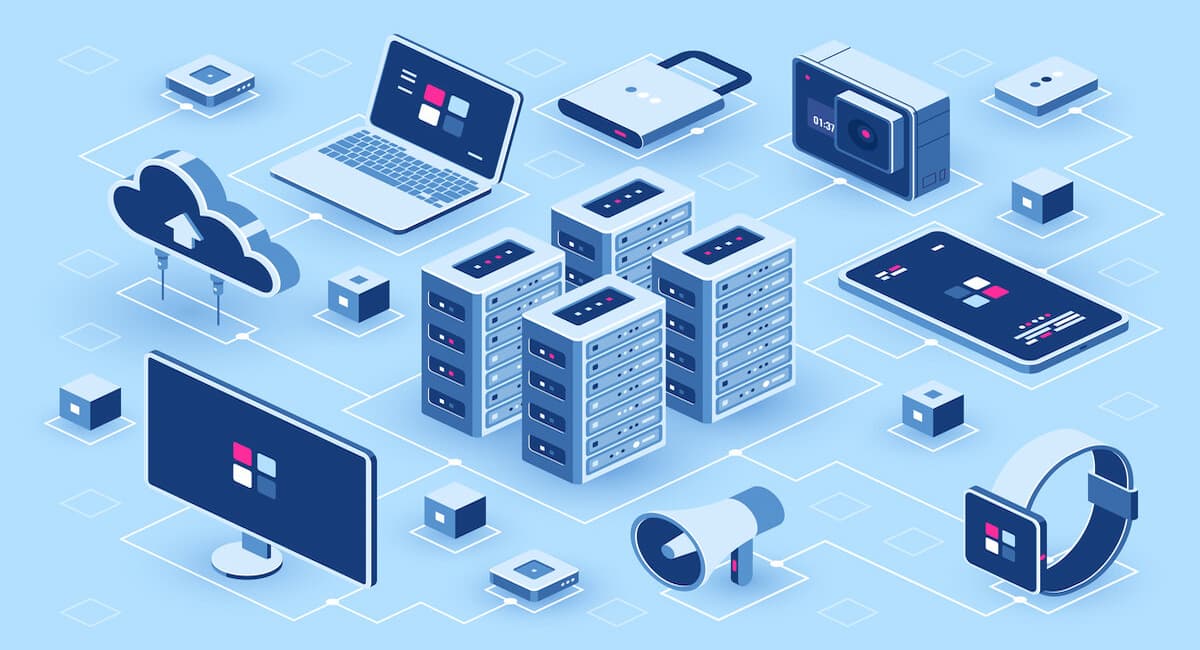Artificial intelligence (AI) is revolutionizing the recruitment process, allowing companies to streamline and optimize their talent acquisition efforts. AI recruiting software uses machine learning to automate tasks like resume screening, candidate sourcing, and interview scheduling. This article explores how AI recruiting software works, its benefits, challenges, and the emerging trends shaping the future of hiring.
What is AI Recruiting Software?
AI recruitment software is an advanced technology that leverages machine learning to assist recruiters in automating the hiring process. By performing tasks such as scanning resumes, analyzing candidate profiles, and scheduling interviews, AI reduces manual work, speeding up the entire recruitment cycle. These tools can identify top candidates based on data analysis, ensuring companies hire more efficiently.
How Does AI Recruiting Software Work?
1. Automated Resume Screening
AI recruiting software can automatically review resumes by scanning for relevant keywords, qualifications, and skills that align with the job description. This ensures that only the most qualified candidates are selected for further consideration.
2. Candidate Sourcing
AI tools search through job boards, social media, and other professional networks to find passive candidates—those not actively searching but who fit the company’s requirements. This expands the talent pool and increases the chances of finding the ideal candidate.
3. Interview Scheduling
Coordinating interviews is time-consuming for recruiters. AI software automates this process by aligning availability between candidates and hiring teams, ensuring seamless scheduling with minimal human intervention.
4. Predictive Analytics
AI uses historical data from previous hires to predict how likely a candidate is to succeed in a role. This helps recruiters make data-driven decisions about who to advance in the hiring process.
5. Candidate Assessments
AI-powered assessments can evaluate a candidate’s technical skills, personality traits, and cultural fit. These insights go beyond a resume, giving recruiters a more complete picture of each candidate.
Key Benefits of AI Recruiting Software
1. Faster Hiring Process
AI automates repetitive tasks like resume screening, reducing time-to-hire. This allows organizations to move quickly, securing top talent before competitors have a chance.
2. Elimination of Bias
AI makes hiring decisions based on objective data like skills and experience, helping to reduce human bias. This leads to a more diverse and inclusive hiring process.
3. Improved Candidate Experience
With AI, candidates receive timely updates about their applications, and interview scheduling is handled automatically, improving the overall experience. This positive interaction enhances the company’s reputation among job seekers.
4. Data-Driven Decisions
AI recruiting software offers detailed analytics that help recruiters make more informed hiring decisions. These insights improve the quality of hires and align candidates with long-term company goals.
5. Handling Large Volumes of Applications
For high-volume recruitment, AI can quickly sort through thousands of applications, filtering out unqualified candidates and allowing recruiters to focus on those with the most potential.
Challenges of AI Recruiting Software
1. Data Privacy Issues
AI software handles sensitive personal information, raising concerns about data privacy. Organizations must ensure compliance with regulations like GDPR to safeguard candidate data.
2. Potential for Algorithmic Bias
Although AI reduces human bias, it can still reflect biases if the algorithms are trained on biased data. Regular audits and monitoring are necessary to prevent AI from perpetuating inequality in hiring.
3. High Implementation Costs
For smaller businesses, the upfront cost of AI recruiting software can be prohibitive. While the long-term benefits outweigh the costs, initial setup and integration may present financial challenges.
Top AI Recruiting Software Platforms
Several platforms stand out for their effectiveness in leveraging AI to enhance recruitment:
- HireVue: Specializes in AI-driven video interviews that analyze candidates’ speech patterns and facial expressions to predict job performance.
- Pymetrics: Uses neuroscience games combined with AI to assess candidates’ cognitive and emotional attributes, matching them to suitable roles.
- Greenhouse: Provides a data-driven approach to hiring and integrates AI to streamline resume screening, interviews, and candidate assessments.
Emerging Trends in AI Recruiting
1. Hyper-Personalized Candidate Engagement
As AI evolves, it’s becoming more adept at personalizing the recruitment process. Candidates will receive customized job recommendations and real-time communication, making the hiring process more engaging.
2. AI to Enhance Diversity and Inclusion
AI will continue to be used to ensure diverse hiring by eliminating biased language in job postings and helping recruiters track diversity metrics. This trend is expected to grow as companies prioritize inclusivity in their recruitment strategies.
3. AI for Employee Retention
AI isn’t just for recruitment anymore. It’s also being used to analyze employee engagement and performance, predicting which employees may be at risk of leaving the company and suggesting ways to retain top talent.
Conclusion
AI recruiting software is transforming the recruitment landscape, offering numerous advantages such as faster hiring, reduced bias, and enhanced candidate experiences. While there are challenges like data privacy and algorithmic bias, the benefits of using AI in the recruitment process far outweigh the potential drawbacks. As AI continues to advance, recruitment will become more personalized, inclusive, and data-driven, ensuring that companies can attract and retain top talent effectively.
FAQs
- What is AI recruiting software?
AI recruiting software automates parts of the hiring process, such as resume screening, candidate assessments, and interview scheduling, using artificial intelligence. - How does AI improve diversity in hiring?
AI removes unconscious bias by evaluating candidates based on objective data, helping companies to make more fair and inclusive hiring decisions. - What are the challenges of AI in recruitment?
Key challenges include data privacy concerns, potential algorithmic bias, and the high cost of implementing AI software for smaller organizations. - How does AI improve the candidate experience?
AI automates communication and scheduling, providing timely updates to candidates and creating a more seamless, engaging application process. - Which AI recruiting platforms are popular?
Leading AI recruiting platforms include HireVue for video interview analysis, Pymetrics for neuroscience-based candidate assessments, and Greenhouse for its data-driven recruitment process.









